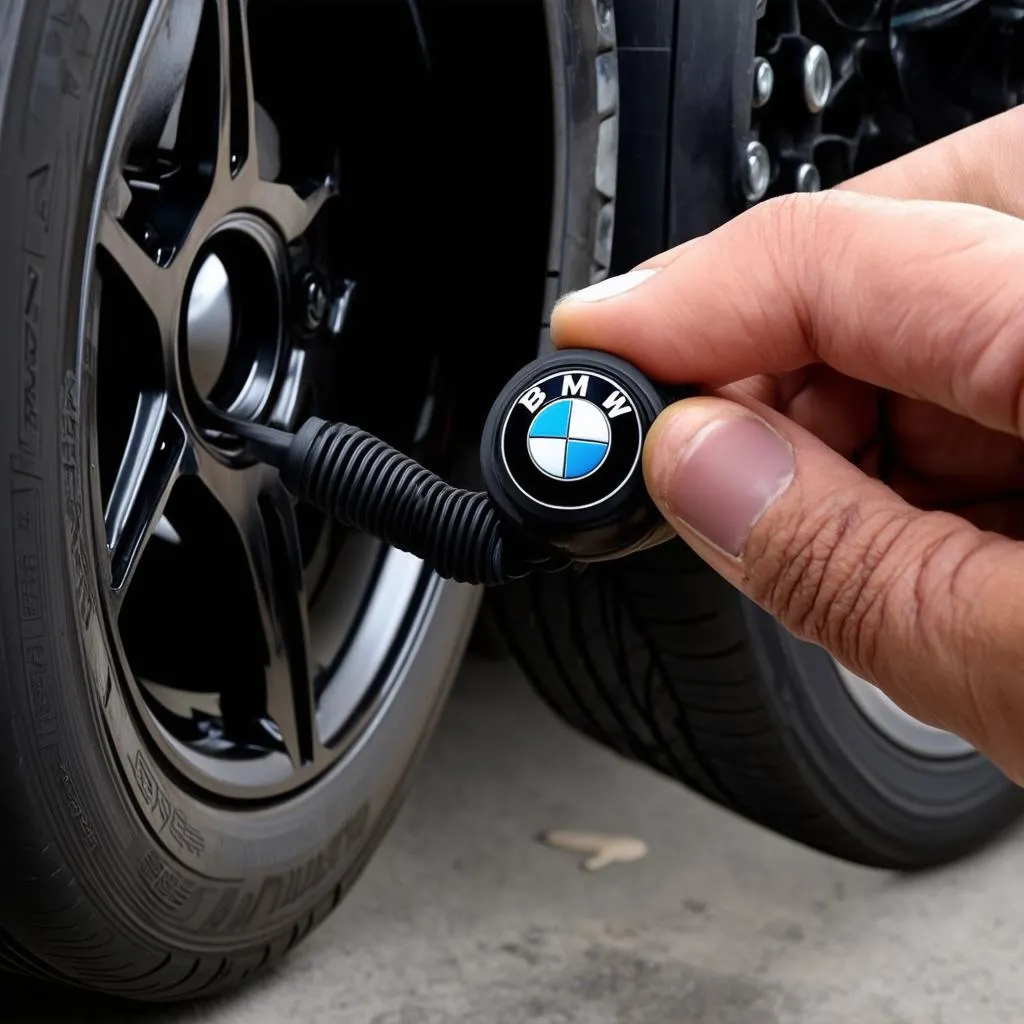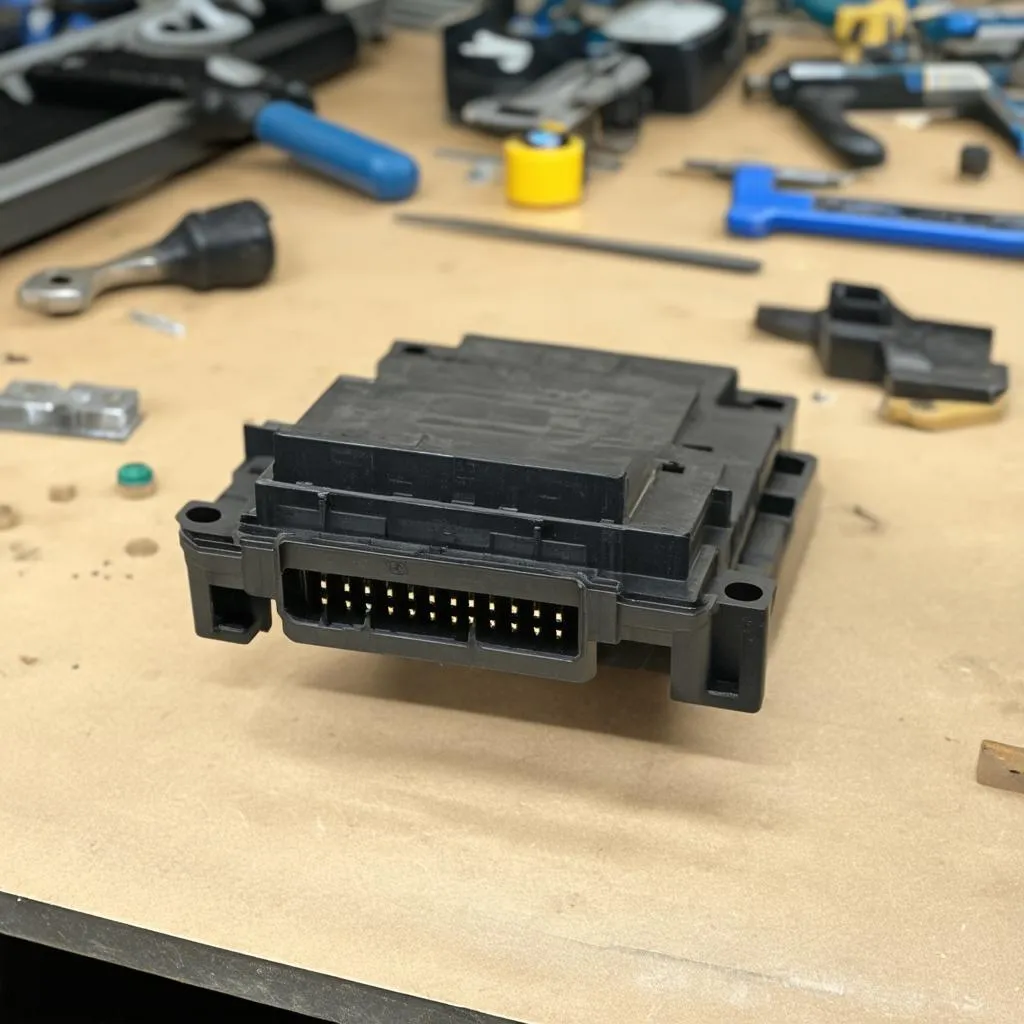Demystifying the BMW ABS System: Everything You Need to Know
Imagine cruising down the Pacific Coast Highway in your sleek BMW 5 Series, the California sun warming your face. Suddenly, a deer darts into the road. You slam on the brakes, but instead of a terrifying skid, you feel a pulsing under your foot, your BMW remains steady, and disaster is averted. This, my friend, is your Bmw Abs System in action.
Understanding the Importance of the BMW ABS System
As car enthusiasts, we often get lost in the thrill of horsepower and handling, but safety should always be paramount. The Anti-lock Braking System, or ABS, is a cornerstone of modern vehicle safety, and BMW, a brand synonymous with performance, has consistently been at the forefront of ABS technology.
What Exactly is ABS?
In simplest terms, the ABS system prevents your wheels from locking up during hard braking. Think about it like this: a locked wheel loses traction and can send your car into an uncontrollable skid. However, a rotating wheel, even under braking, allows for steering control. That’s the magic of ABS. It rapidly pumps the brakes, faster than any human could, ensuring optimal braking force while maintaining steering control.
“The ability to steer during an emergency braking situation is often the difference between a near miss and a serious accident,” says fictional automotive expert, Dr. Hans Gruber, author of “Braking Bad: The Science of Stopping Power.”
Common Symptoms of a Faulty ABS System
While the BMW ABS system is known for its reliability, like any mechanical system, it can experience issues. Here are some telltale signs of a potential problem:
- Illuminated ABS Warning Light: This is the most obvious sign. If the ABS warning light on your dashboard illuminates, it’s crucial to have your system diagnosed immediately.
- Unusual Brake Pedal Feel: Does your brake pedal feel spongy or pulsate abnormally even during light braking? This could indicate an issue with the ABS system.
- Increased Stopping Distance: If you notice your car taking longer to stop than usual, particularly on slick surfaces, a faulty ABS system could be the culprit.
Troubleshooting and Maintaining Your BMW ABS System
Maintaining your BMW ABS system is relatively straightforward. Regular brake fluid flushes, as recommended in your owner’s manual, are crucial. Additionally, if you experience any of the symptoms mentioned above, a visit to a qualified BMW technician is a must.
 BMW ABS Sensor
BMW ABS Sensor
Common ABS Issues in BMWs
While generally reliable, certain BMW models have shown a higher occurrence of specific ABS problems. For example, some early 2000s BMW 3 Series models experienced issues with the ABS control module. Similarly, some X5 models have had reported cases of faulty wheel speed sensors, a vital component of the ABS system.
 BMW ABS Module
BMW ABS Module
Don’t Ignore the Warning Signs!
Remember, a properly functioning ABS system can be a lifesaver. If you suspect any issues with your BMW’s ABS, don’t delay. Schedule an appointment with a trusted BMW specialist or visit a reputable repair shop specializing in German vehicles.
Have other questions about your BMW?
Check out these related articles:
For personalized assistance and expert advice on diagnostic tools for your BMW, contact us via WhatsApp at +84767531508. Our team of automotive specialists is available 24/7 to answer your questions and guide you in the right direction.
Your safety on the road is our priority. Drive safe!
